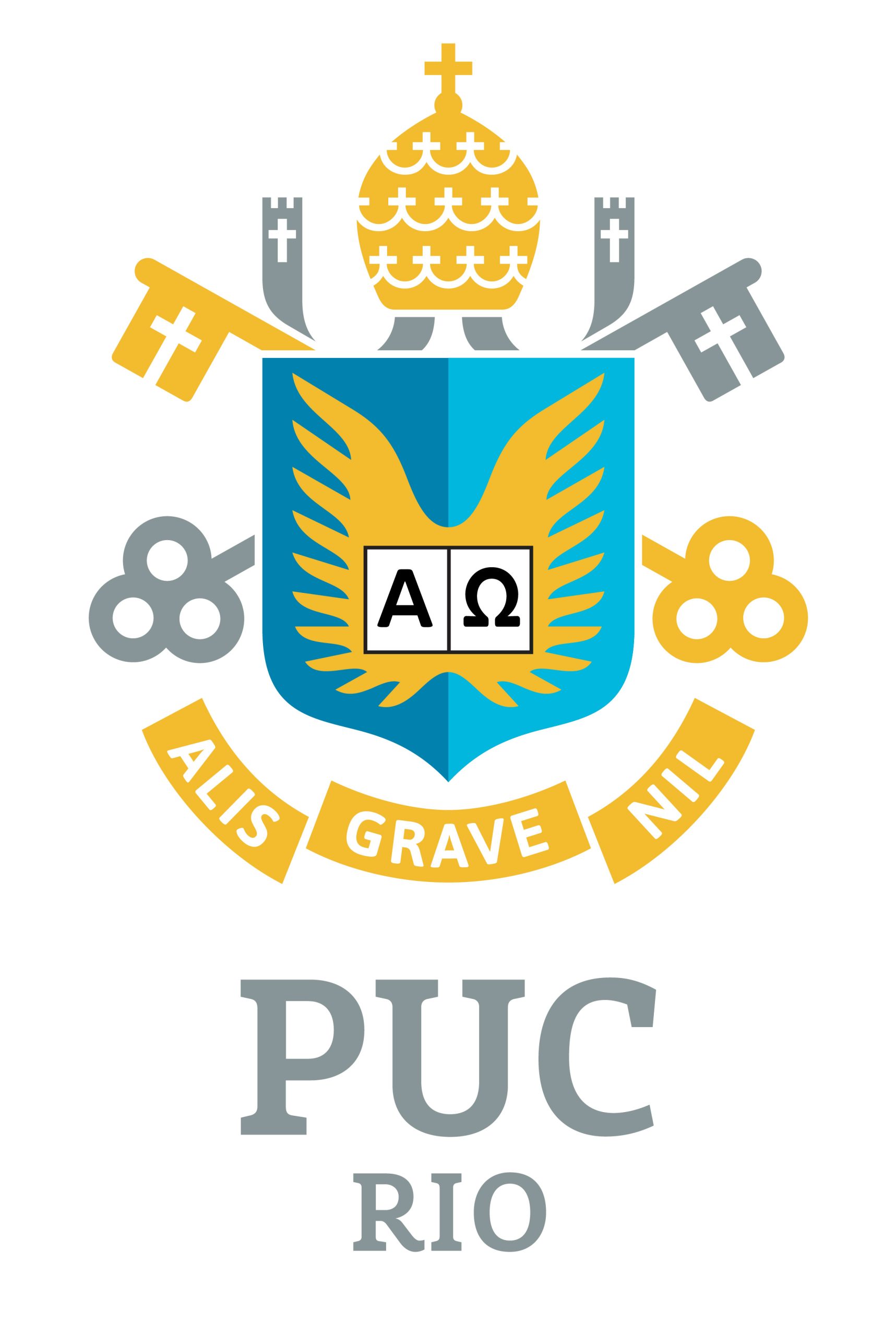Coordenadora: Profa. Regiane Augusto de Mattos
Coordenadora Adjunta: Prof. Felipe Azevedo e Souza
Internal Self-Assessment Committee:
Prof. Diego Antonio Galeano
Prof. João Azevedo e Dias Duarte
Prof. Sérgio Bruno Guimarães Martins
Social History of Culture
The Graduate Program in Social History of Culture began its activities in 1986 by offering a Master’s degree. The PhD program started in 1998.
Ever since the beginning of the Program, this concentration area – Social History of Culture – was conceived and defined as a thematic horizon that brought together the varied concerns of the Program’s faculty. Our Graduate Program thus became the first of its kind to choose Social History of Culture as the general mark of its identity. Theoretical and historiographical reflection is the common ground that integrates the shared topics discussed in the Program —culture, history, art —; we value historiographical approaches stemming from an interdisciplinary perspective. This general identity mark acquires a sharper relief in the Lines of Research (Theory of History, Historiography and Intellectual History; Cultural Experiences and Connections; and History of Art and Architecture) that constitute the Program. The dynamics of the Research Projects undertaken under the auspices of the Program further translate this mark to everyday academic life.
The Program offers Master’s and PhD degrees. The curriculum is so organized as to include academic disciplines and activities related both to the concentration area in general and tothe Lines of Research that constitute the Program.
Master’s Degree
The Master’s degree in Social History of Culture requires the completion of 21 credits: 3 credits from the required course History and Culture; 9 credits from elective courses; 3 credits from courses in related fields; and 6 credits from dissertation seminars.
Doctoral Degree
The Doctoral Degree requires the completion of 30 credits, distributed as follows: 3 credits from the required course History and Culture or 3 credits from an elective course (for students who already took the required course History and Culture during the Master’s degree); 6 credits from elective courses; 3 credits from courses in related fields; and 18 credits from thesis seminars.
Dissertation and Thesis Collections
PUC-Rio’s library holds all dissertations by History students. To have access to the complete texts of theses and dissertations, click on this library link.
For a listing of the theses and dissertations submitted in the Program, click here, or carry out a more refined search in the Theses Database.
Curriculum Organization
The required course History and Culture aims at introducing and discussing authors and themes of special relevance to the Graduate Program in Social History of Culture in that the reflections they prompt bring together the three Lines of Research that constitute the Program. The elective courses are related to the themes addressed by each respective Line of Research and are offered by the Program every semester. The courses in related fields are those offered by other graduate programs and are deemed to be necessary or recommendable to graduate students enrolled in our Program. In the latter case, students may enroll in courses offered by PUC-Rio’s other departments, or by other higher education institutions offering accredited graduate programs, as long as they do not enroll in History courses. Dissertation and Thesis Seminars offer programmed activities related to academic training, to the development of research and to the writing of a dissertation or thesis, involving the student’s advisor, the Line of Research faculty, and the advisee. These seminars necessarily involve the advisory process and the preparation for the evaluation stages of research results, as required in the internal regulations, and may include text reading and discussion meetings, as well as participation in debates and seminars.
Selection Process
Enrollment and selection processes of candidates will take place in the second semester of each academic year and will follow the schedule determined by PUC-Rio.
In addition to meeting the general regulation requirements, the History Department requires the following from candidates:
- To hold a degree from an institution of higher education, preferably in Social or Human Sciences.
- To demonstrate knowledge and skills which qualify them for advanced studies and research in History.
- Master’s degree candidates must demonstrate reading knowledge of either English or French, while those vying for a PhD degree must prove knowledge of two of the following foreign languages: English, French, Italian and German.
- Availability to attend classes and meet the other Program requirements.
See the course here, the entire master’s and doctoral curriculum series in Social History of Culture complete with bachelor’s and history.

